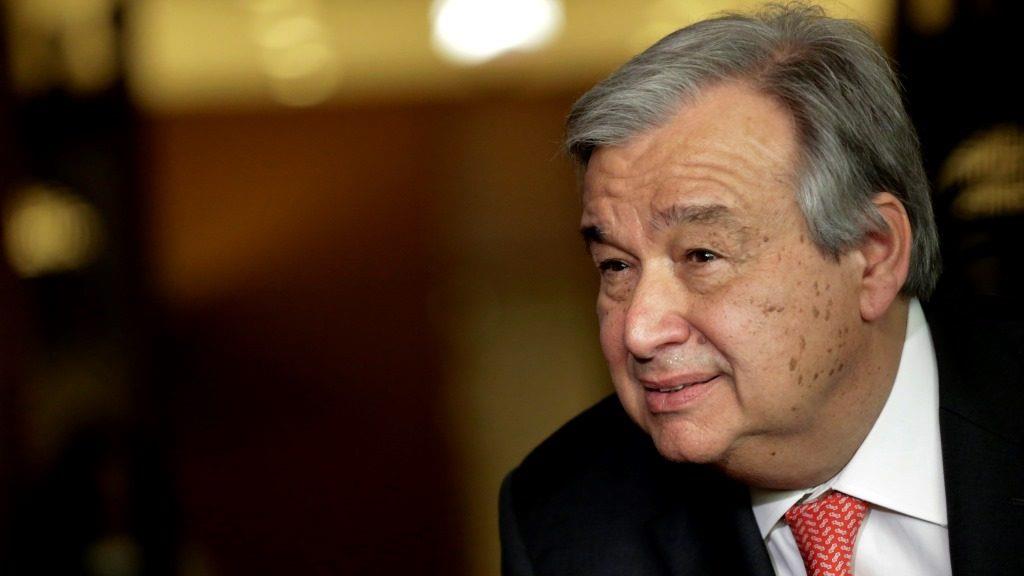GENEVA, May 24 (Xinhua) -- UN Secretary-General Antonio Guterres said Thursday he was "deeply concerned" to hear that U.S. President Donald Trump has called off his planned Singapore meeting next month with the top leader of the Democratic People's Republic of Korea (DPRK) Kim Jong Un.
Speaking at the University of Geneva, Guterres said: "I am deeply concerned by the cancellation of the planned meeting in Singapore between the president of the United States and the leader of the Democratic People's Republic of Korea."
He urged those involved in the talks to continue their dialogue to "find a path to the peaceful and verifiable denuclearization of the Korean peninsula."
Guterres was speaking at the University of Geneva on "Securing our common future: an agenda for disarmament."
Hours before Guterres was to deliver his speech, Trump sent a letter to Kim, saying that their planned meeting in Singapore on June 12 will not happen, according to the White House.
Guterres cautioned in his speech: "We are living in dangerous times. Cold war tensions have returned -- to a world that has grown more complex."
He noted that some 15,000 nuclear weapons remain stockpiled around the world and that hundreds are ready to be launched within minutes.
"We are one mechanical, electronic or human error away from a catastrophe that could eradicate entire cities from the map," said the UN chief, asserting that all people agree the Nuclear Non-Proliferation Treaty is central to the maintenance of international peace and security.
Disarmament -- including arms control, non-proliferation, prohibitions, restrictions, confidence- building and, where needed, elimination -- is an essential tool to secure our world and our future, he added.
Guterres also said he welcomed all actions, by the European Union and others, to work with Iran to preserve the Joint Comprehensive Plan of Action (JCPOA).
Agreements such as these, between countries and groups of countries, are essential to global peace, said the UN chief.
He also said he was working with the members of the Security Council to build new leadership and unity to restore shared ownership and respect for the global ban on chemical weapons.
This must include creating a new and impartial mechanism to identify those who use them, he noted.
